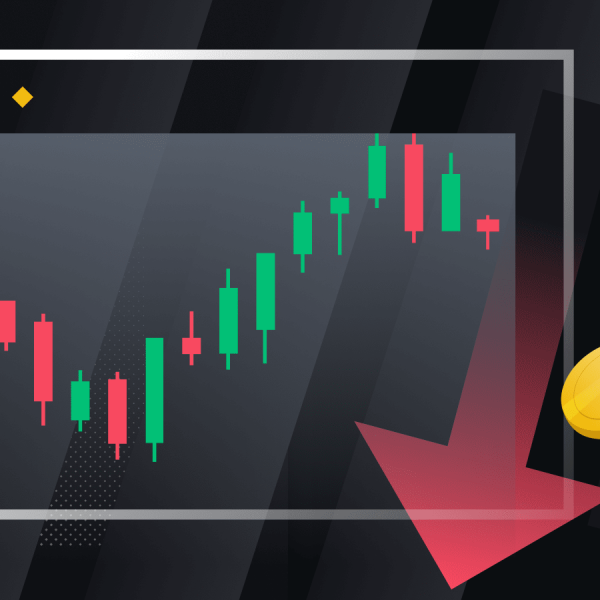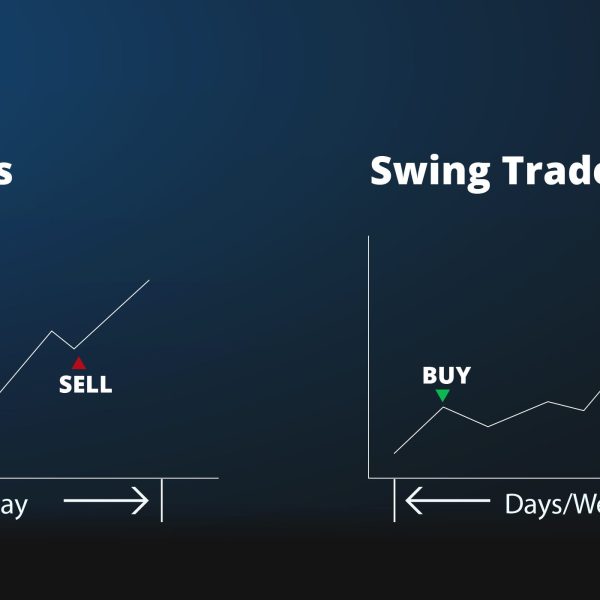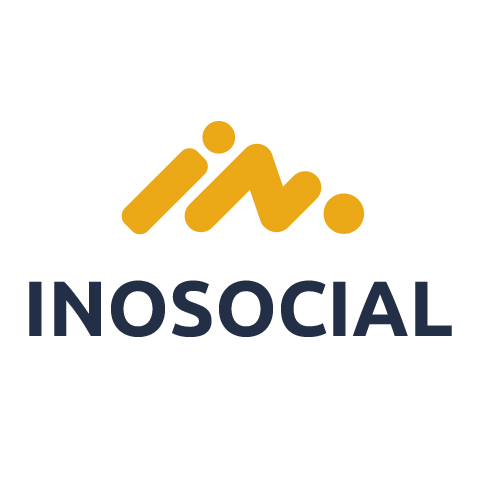Blockchain technology is no longer just a buzzword. It has become a game-changer for businesses of all sizes and sectors over the past few years. From finance to supply chain management, technology is transforming the way companies operate, allowing for more protected and efficient transactions. With its distributed ledger system, blockchain eliminates the need for third-party intermediaries and provides a secure platform to store data. As such, it has been adopted by many industries in various ways.
In this article, we will explore four innovative ways your business can use blockchain technology to benefit from increased security and efficiency. From simplifying supply chain management to improving customer loyalty programs, there are countless possibilities that blockchain offers when it comes to enhancing your business operations. So let’s take a look at some of these potential applications and find out more about blockchain development services.

How Does Blockchain Technology Operate?
Blockchain, in its simplest form, is a decentralized digital ledger that records transactions securely and transparently. The transactions are stored across multiple computers in a distributed network. Each transaction is cryptographically secured and linked to the previous one, making it virtually impossible for any third party to make changes without being detected. This system offers greater security than traditional methods and increases transparency as all data can be accessed and verified.
4 Great Ways to Use Blockchain in Your Business
1. Supply chain management
Blockchain technology can be used to simplify the tracking and management of your supply chain. Supply chain management is a complex process that involves multiple parties, including manufacturers, suppliers, distributors, and retailers. Blockchain technology can help businesses streamline their supply chain management by providing real-time visibility and transparency across the entire supply chain.
By linking transactions together in a secure and transparent ledger, you can quickly trace products as they move through different stages of production. A blockchain-based system today can track the origin of food products, allowing it to quickly identify the source of any food safety issues and remove contaminated products from its shelves. This helps to minimize the financial impact on the company and also protects consumers by identifying any potential issues in the supply chain and taking corrective action immediately.
2. Smart contracts and cryptocurrency payments
Smart contracts have in-built terms of agreement written into blockchain lines of code. They automatically execute when certain conditions are met, such as a payment being received or a shipment being delivered. This can be used to automate payments and other business processes. By relying on blockchain technology, businesses can safely execute these contracts without the need for any third parties or intermediaries.
With smart contracts, businesses can reduce transaction costs, minimize human error, and ensure compliance with legal and regulatory requirements. Smart contracts can be used for a variety of purposes, including escrow services, insurance claims, and real estate transactions. So, this feature can be particularly useful in industries such as real estate, insurance, and logistics, where complex transactions require significant time and resources.
On the other hand, businesses can also use cryptocurrency with smart contacts as payment for goods and services, making transactions more secure and cost-effective. Companies can eliminate the need for traditional payment methods such as credit cards and bank transfers. This can result in faster transactions and lower transaction fees. Additionally, cryptocurrencies offer a high level of security and privacy, which can be attractive to customers concerned about data breaches or identity theft.
There are several ways that businesses can start accepting cryptocurrency payments. One option is to use a payment processor that supports cryptocurrencies. Another option is to create a payment gateway that accepts multiple cryptocurrencies. This requires more technical knowledge but offers greater flexibility and control.
3. Digital identity verification
Another area where blockchain technology can be helpful is the verification of digital identities. This is particularly useful for businesses that require strong identity verification, such as financial institutions or healthcare providers.
By using a decentralized network of computers to store data, businesses can create a tamper-proof digital identity that cannot be easily replicated or forged. A company will quickly verify the identity of users and provide access to their services without the need for third-party authentication. This helps to reduce fraud and identity theft while also increasing efficiency.
4. Tokenization
Finally, with blockchain technology, businesses can tokenize loyalty programs and reward customers with digital tokens. Tokenization is the process of converting an asset right into a digital token on a blockchain. It enables businesses to represent assets, such as real estate, art, or securities, as digital tokens that can be traded securely and transparently. By tokenizing assets, businesses can increase liquidity, reduce transaction costs, and open up new investment opportunities. This process is already being used in sectors such as real estate, where businesses are using tokens to enable fractional ownership of properties.
Final Thoughts
All in all, by leveraging blockchain technology, businesses can gain a competitive edge and increase efficiency in their operations. By implementing blockchain-based solutions, from simplifying supply chain management to tokenizing loyalty programs, there are countless ways that businesses can utilize this revolutionary technology for maximum benefit. Blockchain offers enhanced security and transparency which makes it an invaluable asset for any business looking to stay ahead of the competition.
With its potential applications being explored every day, now is the perfect time to start integrating blockchain into your business model and reap the rewards. Whether you are looking to secure data sharing and storage, streamline supply chain management, automate business processes, or tokenize assets, blockchain technology has a solution for you. The key to success is to start small, experiment with different use cases, and collaborate with industry partners to unlock the full potential of blockchain technology.











